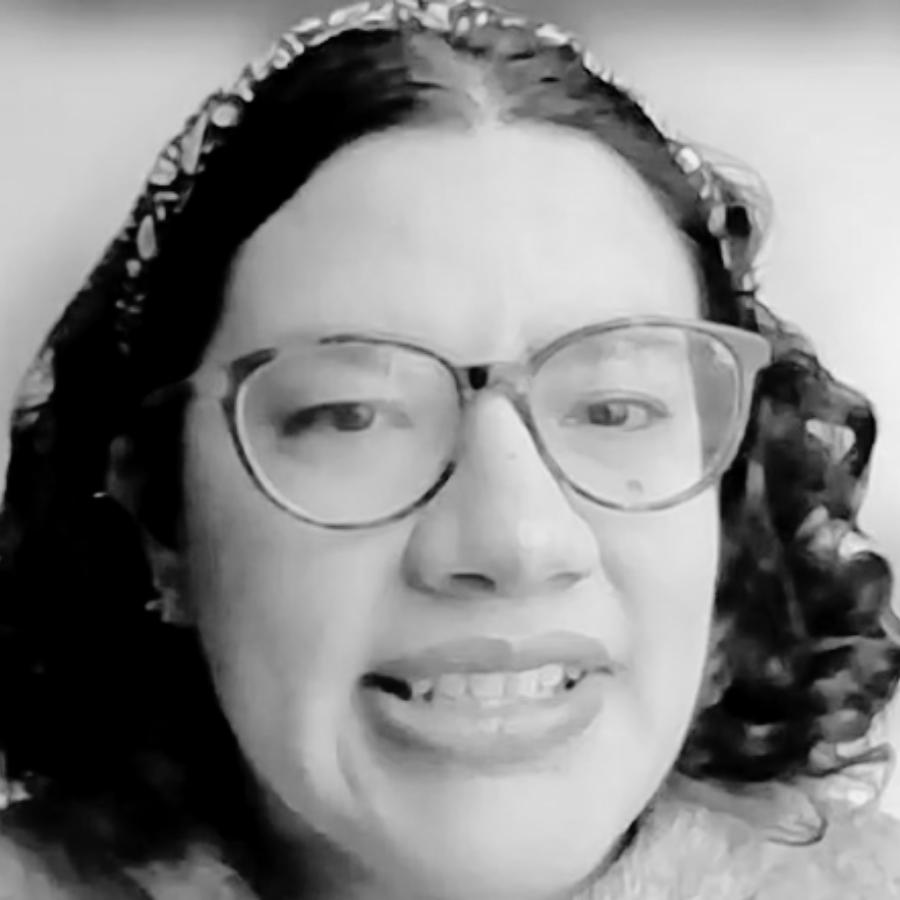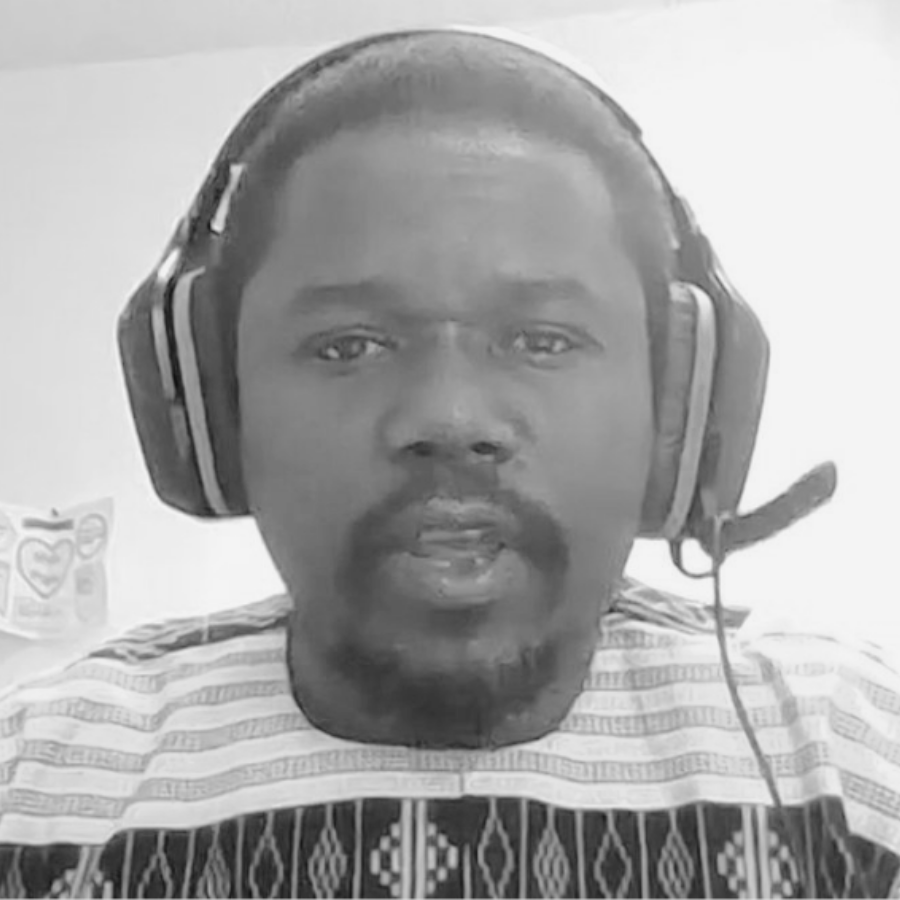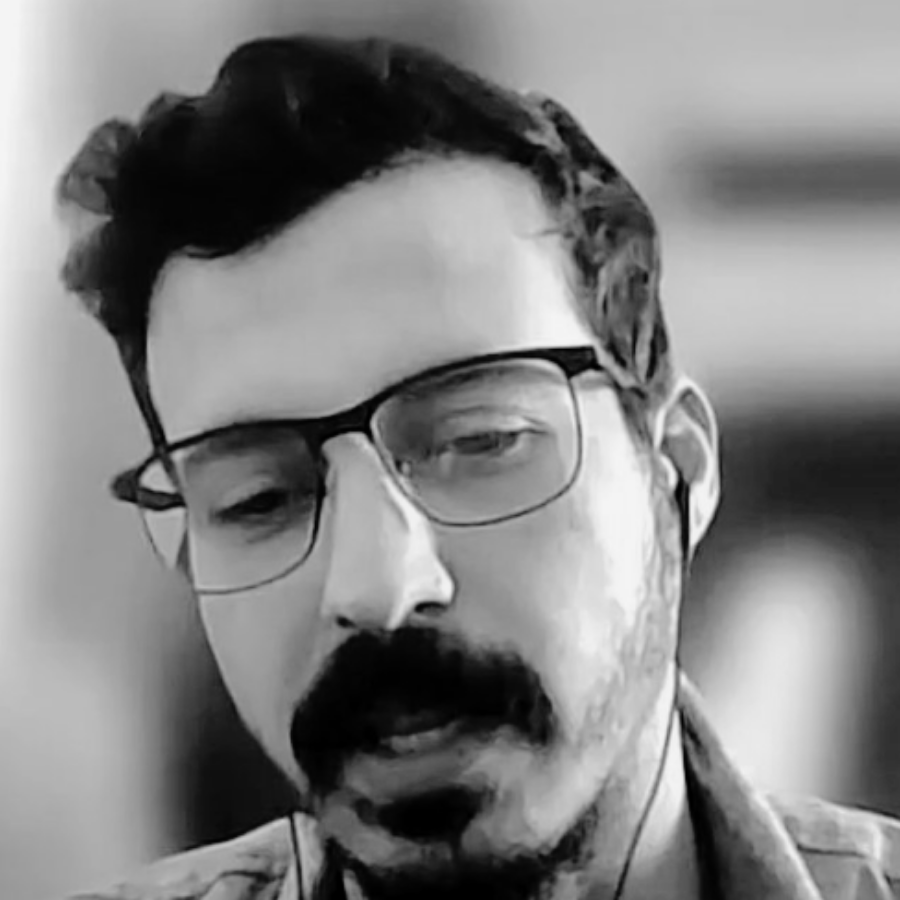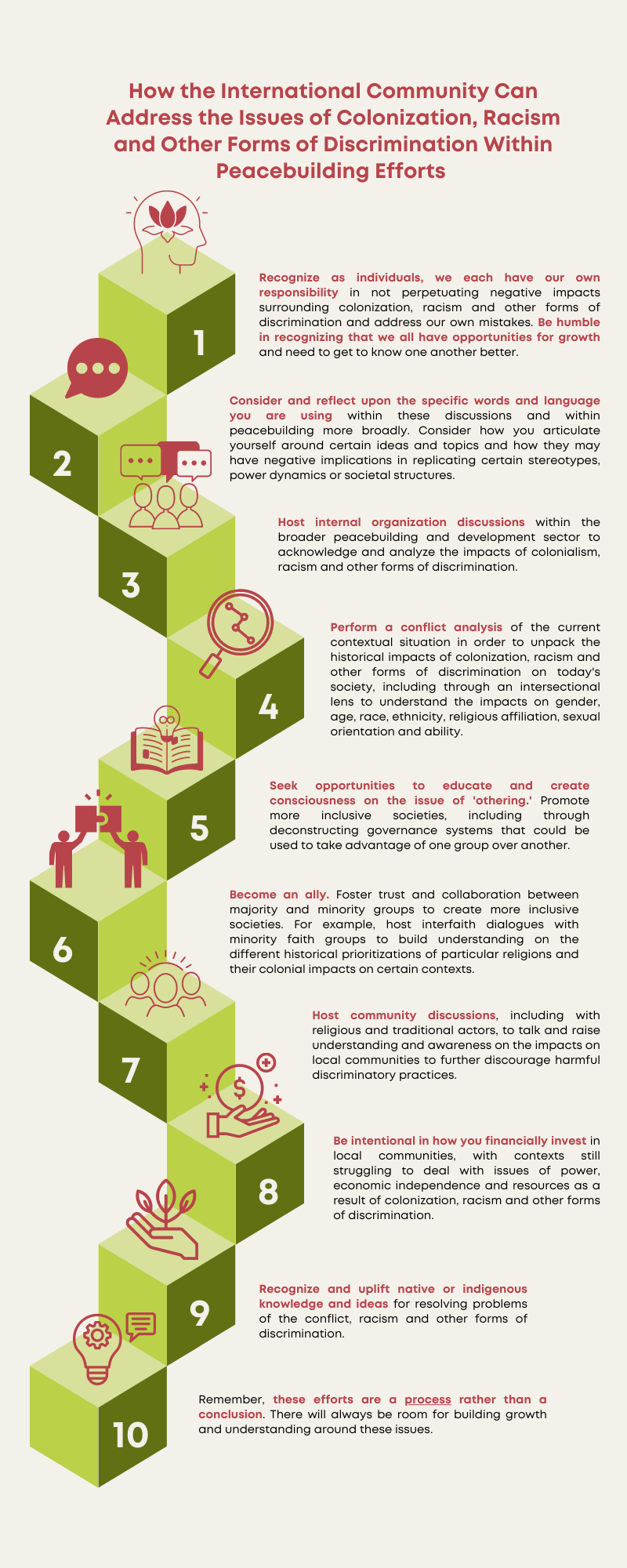Unpacking and Promoting Decolonization, Anti-Racism and Non-Discrimination Efforts –
Best Practices and Lessons Learned
March 2023
On Tuesday, March 23, the Network for Religious and Traditional Peacemakers hosted its first Inclusivity-based Community of Practice meeting of 2023, “Unpacking and Promoting Decolonization, Anti-Racism and Non-Discrimination Efforts.” This meeting focused on how members and supporters of the Inclusivity-based Community of Practice are addressing the issues of colonization, racism and other forms of discrimination within their work.
The Network’s Senior Specialist on Inclusive Peace, Jessica Roland, began the meeting by welcoming over 75 participants and providing an overview of the agenda as well as introducing the new 2023 Steering Committee for the Inclusivity-based Community of Practice.
The discussion then turned to Uzair Ben-Ebrahim, Program Officer for A Common Word Among the Youth (ACWAY), who focused on framing the conversation around understanding the impacts of colonization, racism and discrimination within our societies more largely. Ben-Ebrahim spoke about his experience in the context of South Africa and raised the important issues surrounding language, modernity and organized religion as a tool of colonization and to incentivise discrimination. Ben-Ebrahim also raised that younger generations are now proposing other ways of identifying to help in the decolonization process.
The meeting then held a fireside chat with moderator Phoebe Dill, Program Facilitator at the Rose Castle Foundation, with speakers Sara Lara, Peace Messenger for the Lutheran World Federation; Masiiwa Ragies Gunda, Programme Executive for the World Council of Churches; and Mahjoub Daadaa, Executive Director of Attalaki. All speakers raised how they are addressing the issues of colonization, racism and other forms of discrimination within their work.

Within the discussion, Lara focused on her context of Colombia and agreed with Ben-Ebrahim on the way that Spanish has been used as a colonizing language. Lara raised that in Colombia, the Government is still challenging the rights of indigenous people and the need to identify mechanisms to protect local cultures and customs.

Gunda then focused on the ways in which the World Council of Churches are contributing to dismantling colonized thinking and practices. Gunda emphasized the importance of communities acknowledging the past and the current implications of colonization, whether what has been inherited is positive or negative and for individuals to atone for past misfits. Gunda also raised that critical conversations need to take place around reparations and that communities also need to acknowledge the theology of racism and decolonization.

Finally, Daadaa raised the context of Tunisia and how his country has been through both Islamic and French rule, which continues to create an elitist mentality of those who speak French versus Arabic. Daadaa raised the issue of religious discrimination and Attalaki’s work around freedom of religion and belief to help bridge different types of understanding around faith.
The discussion then moved into breakout groups for everyone present in the meeting to be able to share best practices and lessons learned around addressing colonization, racism and discrimination within their prospective work.
Participants of the Inclusivity-based Community of Practice addressed how colonization, racism and other forms of discrimination impacts their areas of work and how they are addressing these issues.
Below are their recommendations on how others in the international community can tackle these issues:

In closing, Jessica Roland reflected on the information shared during the meeting and provided information on next steps, including that the next Inclusivity-based Community of Practice meeting taking place in May will be focused on, “Building Understanding on the Links Between Faith, Climate and Conflict.” If you are interested in joining future Inclusivity-based Community of Practice meetings, make sure to sign-up via this link.
In case you missed this Inclusivity-based Community of Practice meeting, you can find a recording of the conversations here.
The choice of language and the use of langauge is central to a people’s definition of themselves in relation to the entire universe.
Follow the Network on social!
